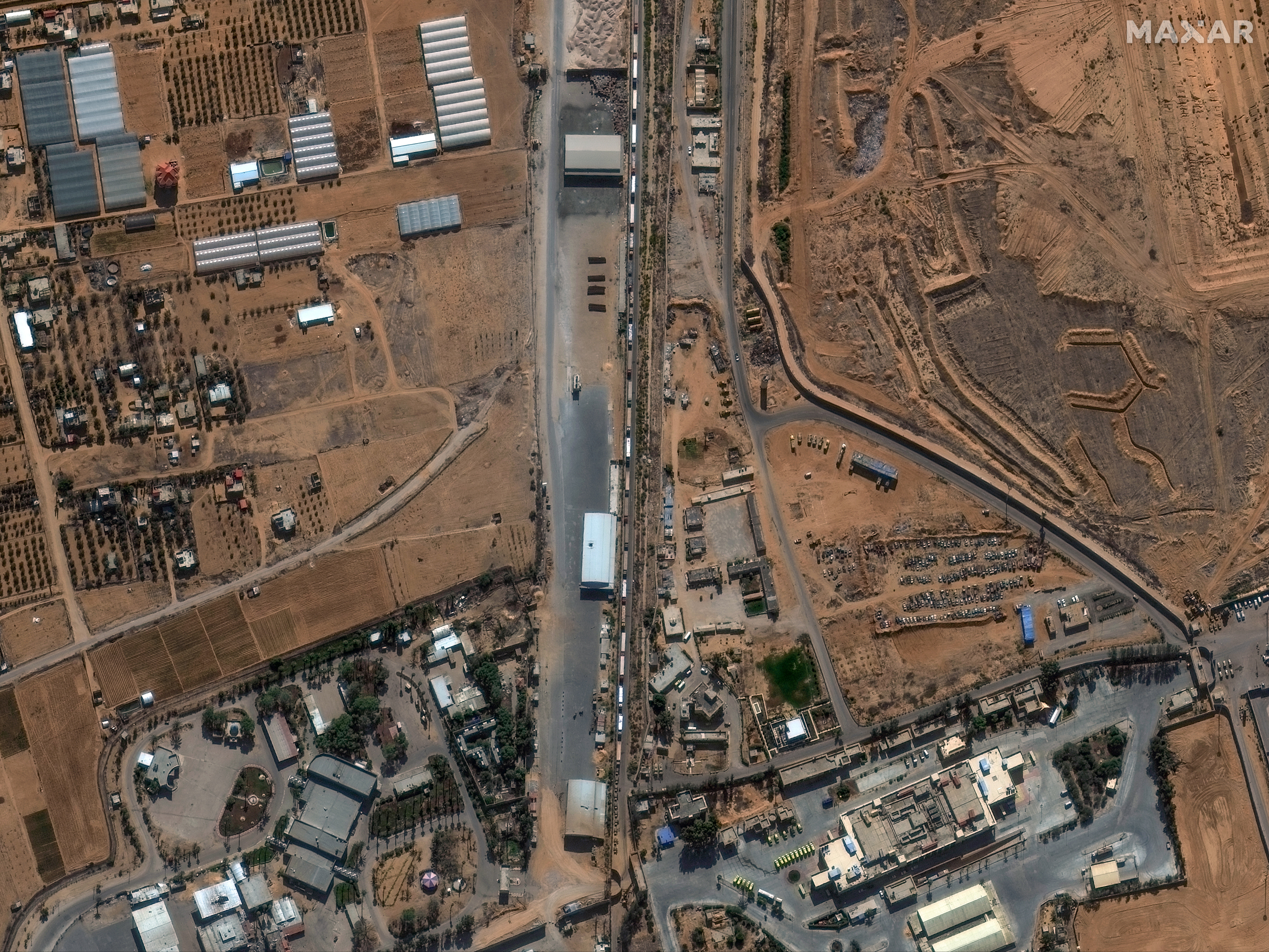International concerns about Israel’s proposed attack on Rafah, the southern Gaza metropolis teeming with Palestinian refugees, are mounting.
“Over half of Gaza’s population are sheltering in the area,” according to UK Foreign Secretary David Cameron, while “many civilian casualties” might occur, according to Dutch Foreign Minister Hanke Bruins Slot.
If Rafah was attacked, Saudi Arabia threatened “very serious repercussions”. The leaders of Hamas in Gaza warned that “tens of thousands” may be killed.
Health Ministry operated by Hamas claimed
Israel began its operations in the Palestinian enclave on October 7, following the murder of over 1,200 civilians in southern Israel by Hamas militants.
Since then, Gaza has seen around 27,900 deaths and at least 67,000 injuries, according to the health ministry operated by Hamas.

Having been forced to abandon their homes at least once, many Gazans have found up in Rafah.
The warnings on Saturday came the day after Israeli Prime Minister Benjamin Netanyahu gave the order for his forces to be ready to evacuate the city in anticipation of a larger attack against Hamas.
The new ceasefire terms provided by Hamas were also rejected by the prime minister.
The EU and UN also voiced their worries, and the US had previously warned Israel that an invasion of Rafah as part of its attack on Gaza would be a “disaster”.
Relief organizations claim that it is not feasible to remove every resident from the city near the Egyptian border.
After visiting Gaza to evaluate the situation, UN humanitarian coordinator Jamie McGoldrick told Barbara Plett Usher on the BBC that if Israeli soldiers started their onslaught, residents of Rafah would have “nowhere to go.”
Rafah is thought to be home to some 1.5 million Palestinians who are fleeing Israeli military operations throughout the remainder of the Gaza Strip. The majority of them are tent-dwellers.
Camps for displaced Gazans were set up throughout Rafah.
Mr. Cameron expressed his “deep concern about the prospect of a military offensive in Rafah” in a social media post. “The priority must be an immediate pause in the fighting to get aid in and hostages out, then progress towards a sustainable, permanent ceasefire.”
In the meanwhile, Ms. Bruins Slot called the circumstances in Rafah “extremely concerning.”
“Many Gazan citizens have left for the south. It is difficult to see how widespread military operations in such a populous region would not result in a huge number of civilian deaths and a more serious humanitarian crisis. This is not acceptable,” she continued.











